
When author Zheng Yuanjie withdrew his son Zheng Yaqi after primary school around 18 years ago, everyone thought he was going mad and ruining the child's life.
Zheng, one of China's best-selling children's authors, wrote materials for his son based on approved school curriculum and added subjects that he considered important, such as law and computer skills. He told his son he would have to make a living for himself after he turned 18.
At first young Zheng, now age 30, found it difficult to find a job since he had only an elementary-school certificate. He started moving boxes in a supermarket stock room and did that for three months until he landed a job as a web designer. Later, he founded a cultural enterprise that mainly handled copyrights and promotion of his father's old books, magazines and other works. He also became a wildlife photographer and opened his own studio.
His father's choice is better understood today.
Si shu, literally private schools, is an old term referring to the traditional Confucian-centered schools established privately by wealthy businessmen, retired government officials or parents who hoped their children would pass national exams to become government officials.
It has been revived and revised as today's "home school," with more varied content and teaching methods, and usually less pressure.
There is nothing in China like the well-organized American home schooling movement.
In China, small home-based schools founded or sponsored by parents have quietly spread in major cities in the past 10 years, but there's no reliable estimate of numbers.
They are usually set in suburban stand-alone houses and admit only a dozen or so students of various ages. Some focus on classic Chinese texts, others teach various subjects from English to physics. Many encourage self-directed learning, and make time for play, exercise and art - crowded out in many modern schools to make time for academics.
 |


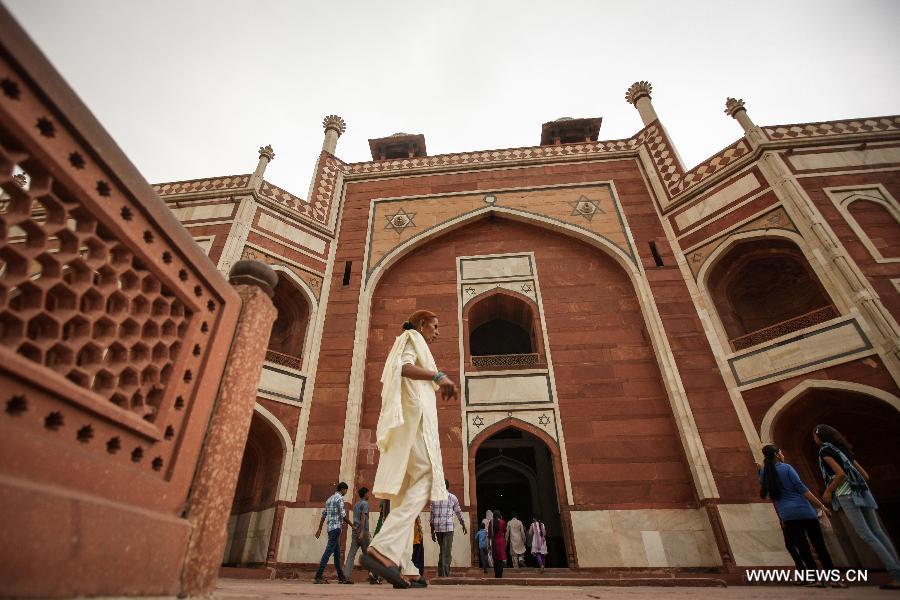

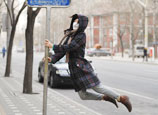
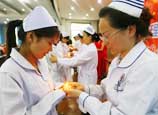
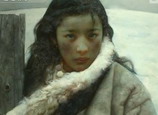
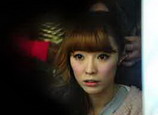

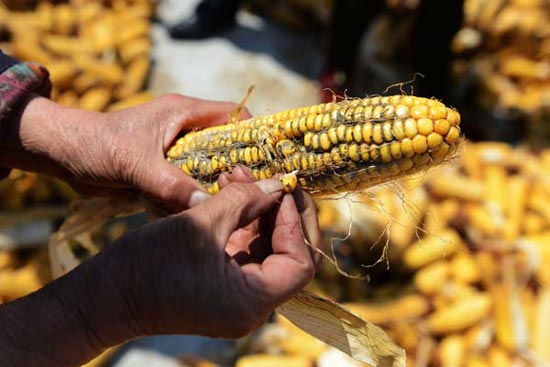






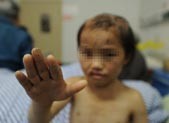 Father arrested for 'torturing' teen daughter
Father arrested for 'torturing' teen daughter


![]()
